History of the F/A-19 Murder Hornet
The F/A-19 Murder Hornet is an exported derivative of the F/A-18E/F Super Hornet, specifically designed for aerial defence missions. Developed from 2001, this variant focuses on airspace protection, interception, and long-range combat patrols, rather than multirole or ground-attack capabilities.
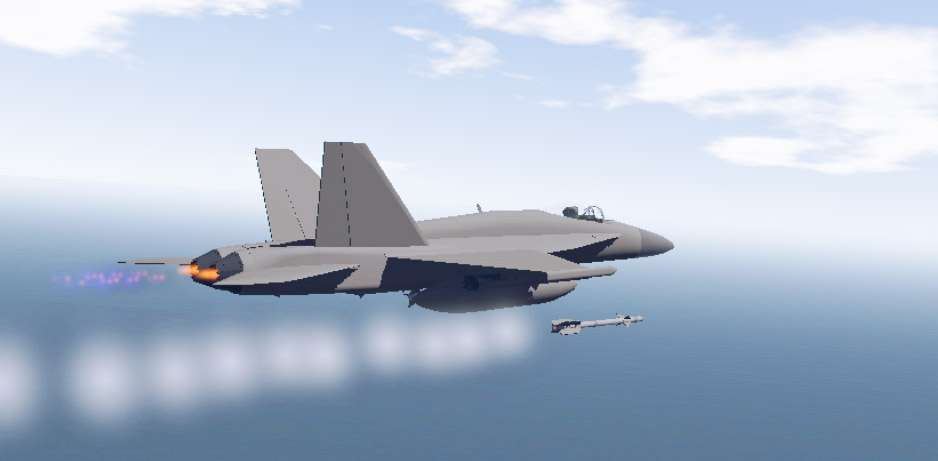
Origins of the Programme
Following the early operational years of the F/A-18E/F Super Hornet with the U.S. Navy in 1999, several allied nations—particularly in the Middle East, Asia, and Latin America—expressed interest in acquiring a version tailored for national air defence, rather than for offensive or strike roles.
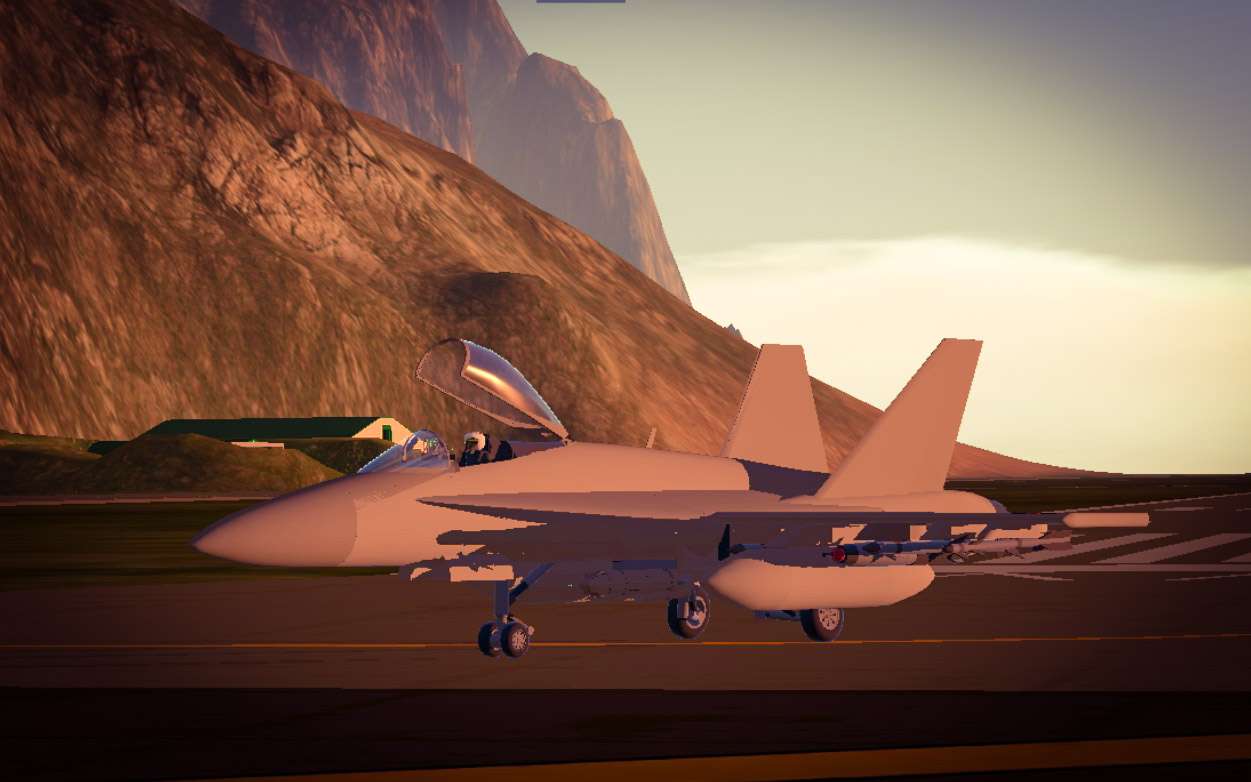
In response, Boeing launched the Murder Hornet project in 2001, aimed at producing an export-oriented variant optimised for interception and air superiority. This version maintained the core structure and systems of the Super Hornet but was simplified in certain multirole aspects, offering a more specialised and cost-effective defensive platform
Primary Role: Aerial Defence
The Murder Hornet was built to excel in:
Rapid interception of high-speed aerial threats
Long-duration combat air patrols (CAP)
Seamless integration into national air defence networks
Medium- to long-range engagements using advanced air-to-air missiles
Air-to-ground capabilities were deliberately reduced to prioritise missile carriage for air combat, improved radar systems (where export restrictions allowed), and extended operational endurance.
Naming and Export Interest
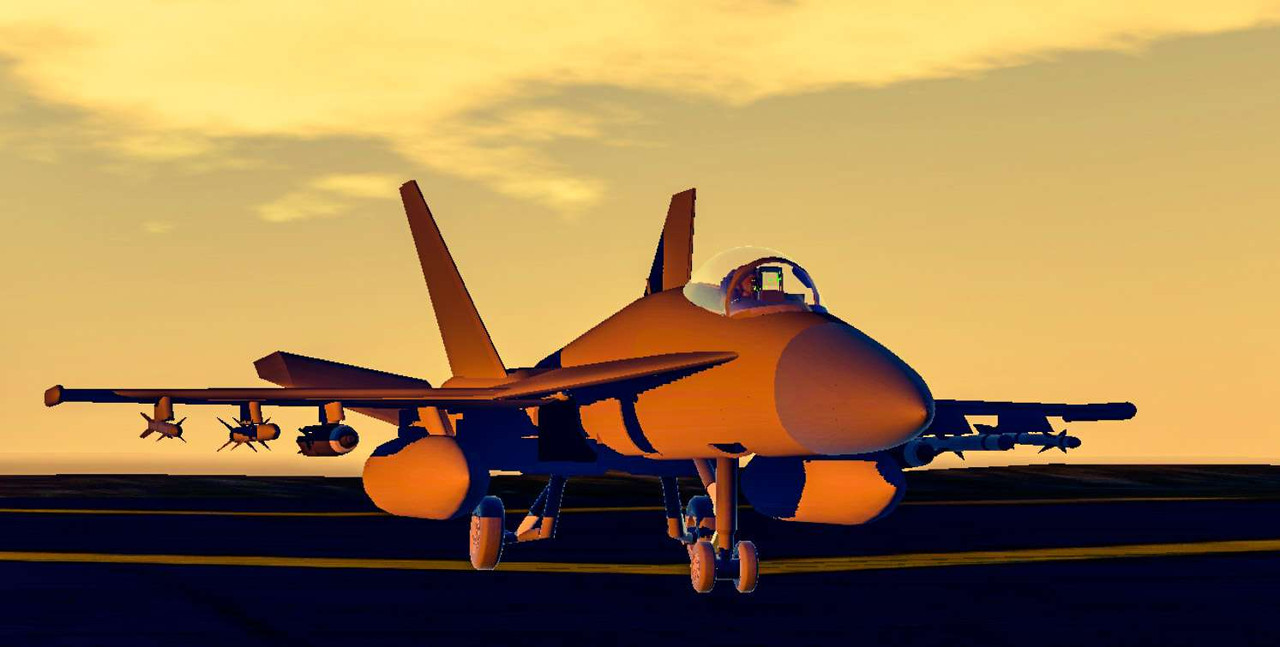
The name "Murder Hornet" was chosen both for symbolic and marketing purposes, drawing on the aggressive reputation of the real-world insect to emphasise the aircraft’s speed, lethality, and defensive nature. It also reflected the operational doctrines of some client states, focused on territorial integrity and defensive deterrence.
Countries that expressed interest in the Murder Hornet or integrated aspects of it included:
Saudi Arabia (initial evaluations, but no confirmed acquisition)
Singapore (considered but selected other platforms)
Australia (integrated some features into delivered F/A-18Fs)
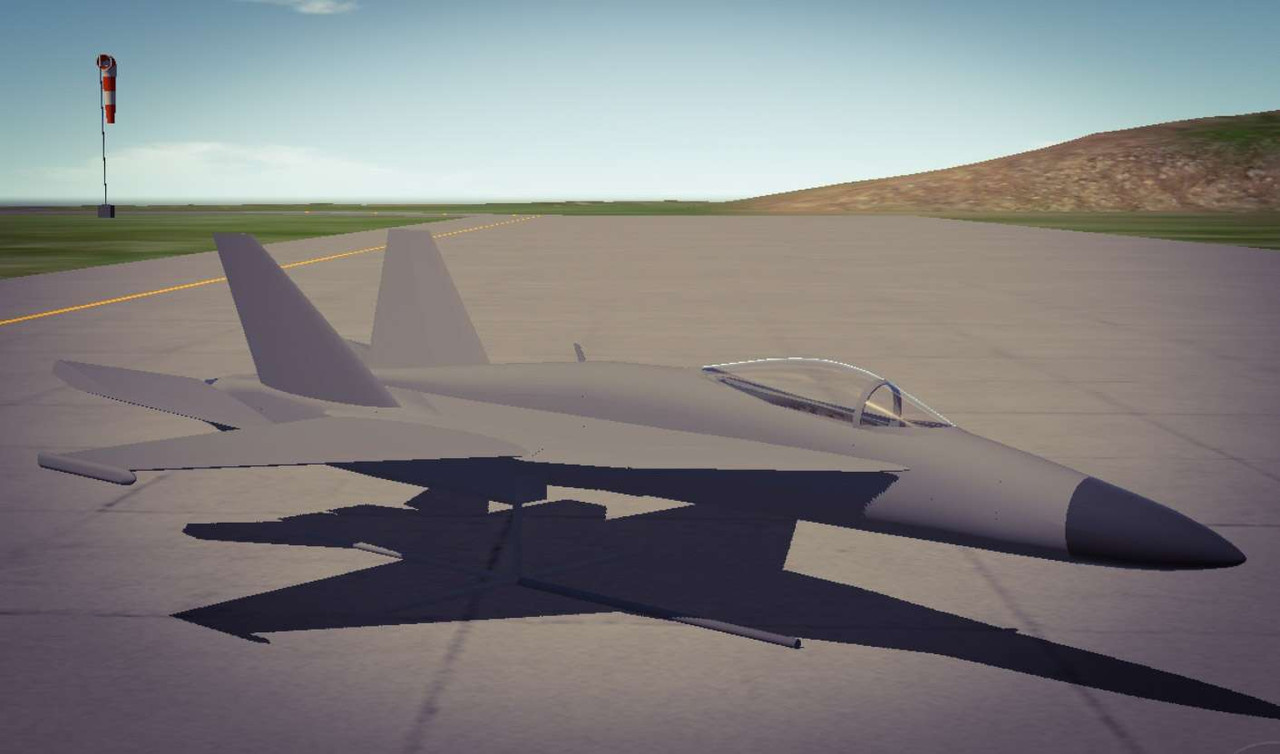
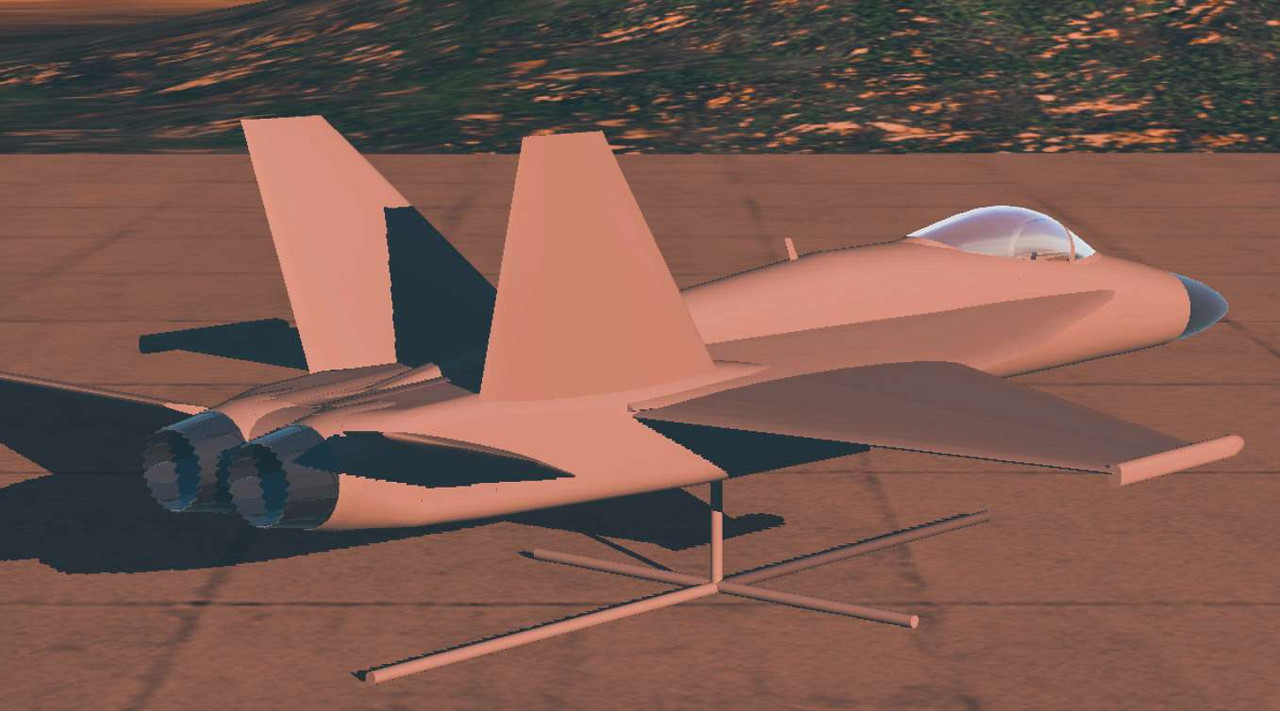
Deployment and Impact
Though its initial reception was modest, the Murder Hornet grew into a trusted interceptor within the air fleets of several nations. Its popularity stemmed from its relatively low operational cost, NATO-standard systems, and its excellent loiter time for defensive missions.
In various simulated or fictional regional conflict scenarios, the Murder Hornet has proven to be highly effective in defending coastal regions, strategic infrastructure, and capital cities against enemy air incursions
technical specifications
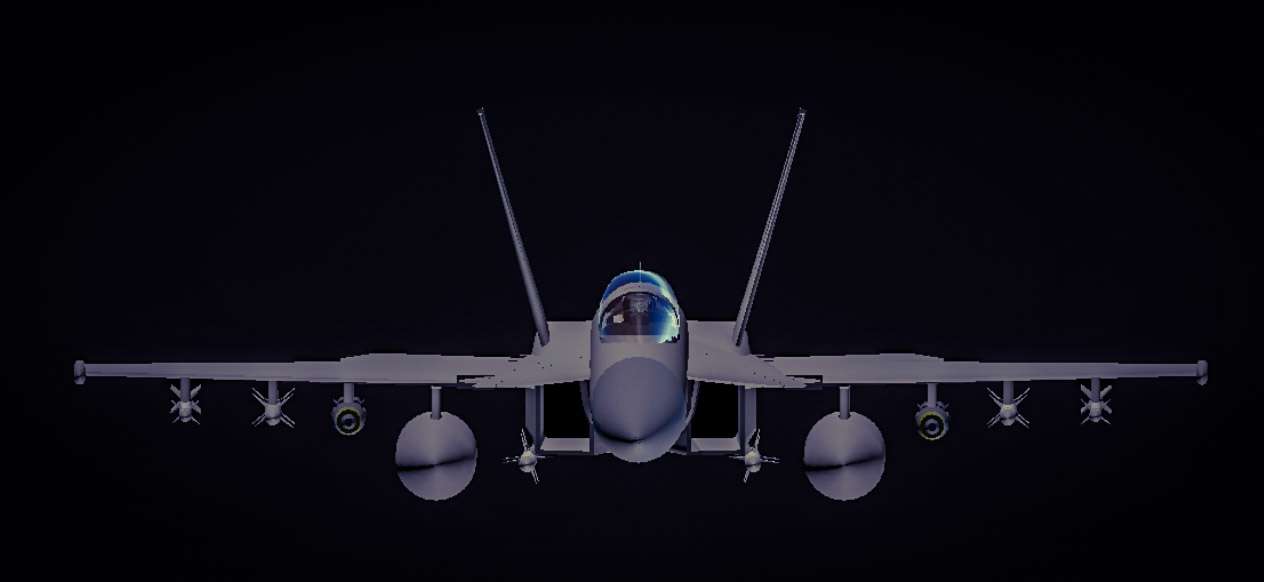
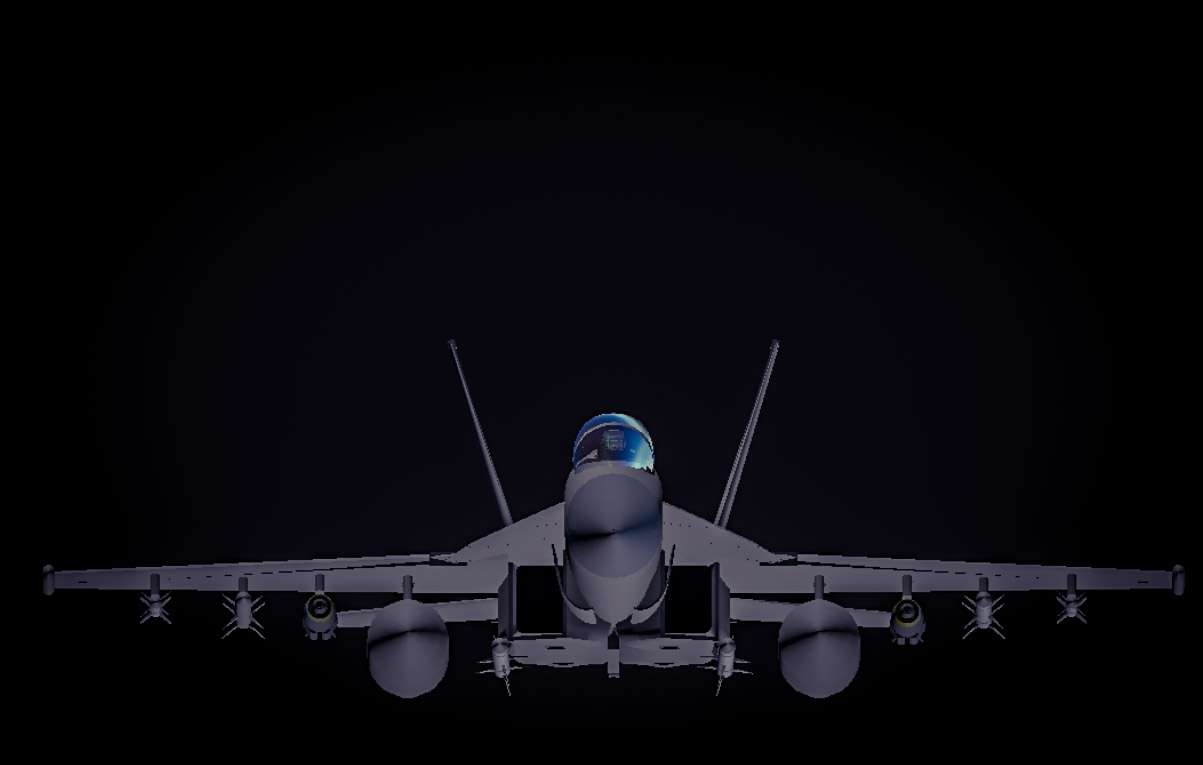
AG-7 ejection (that's all you need to know here)
Good luck Yankee

Specifications
Spotlights
- xYoshii_ 5 months ago
- Panzerwaifu 5 months ago
- tetozz 5 months ago
- Berulacraft 5 months ago
General Characteristics
- Created On Android
- Wingspan 39.9ft (12.2m)
- Length 58.6ft (17.8m)
- Height 15.2ft (4.6m)
- Empty Weight 29,095lbs (13,197kg)
- Loaded Weight 42,668lbs (19,354kg)
Performance
- Power/Weight Ratio 5.056
- Wing Loading 88.5lbs/ft2 (431.9kg/m2)
- Wing Area 482.4ft2 (44.8m2)
- Drag Points 8483
Parts
- Number of Parts 663
- Control Surfaces 6
- Performance Cost 2,950

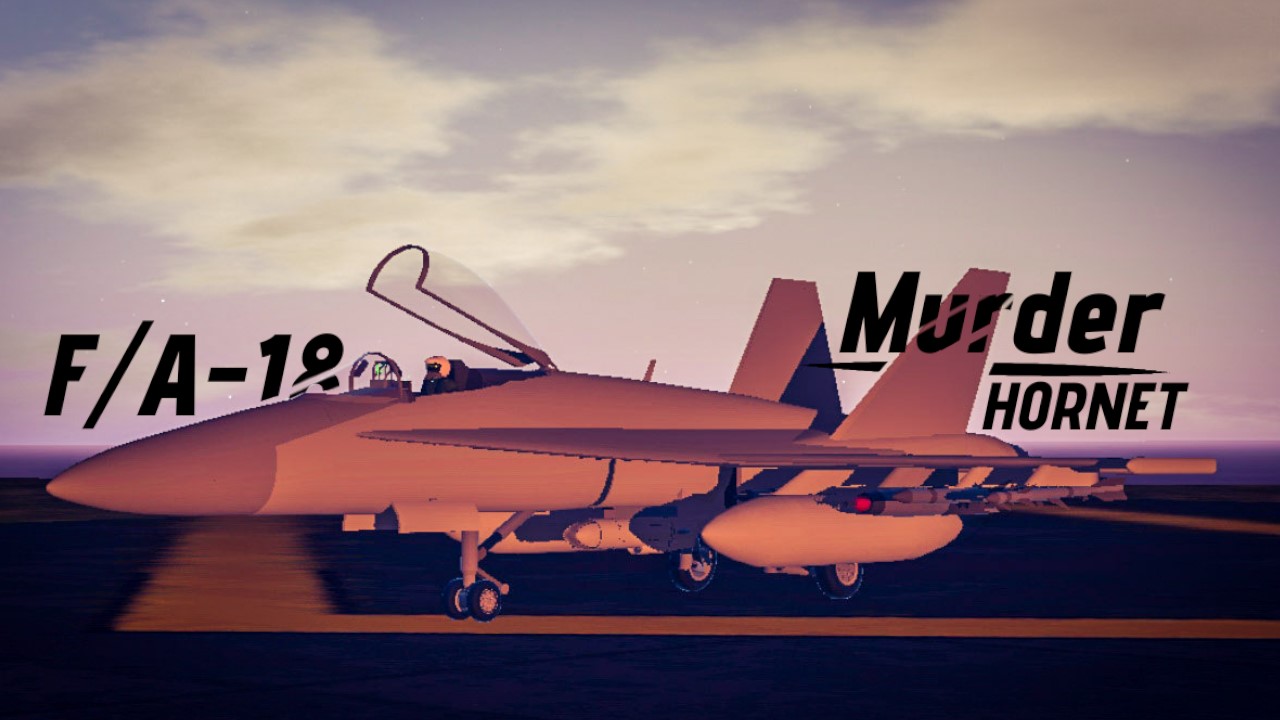
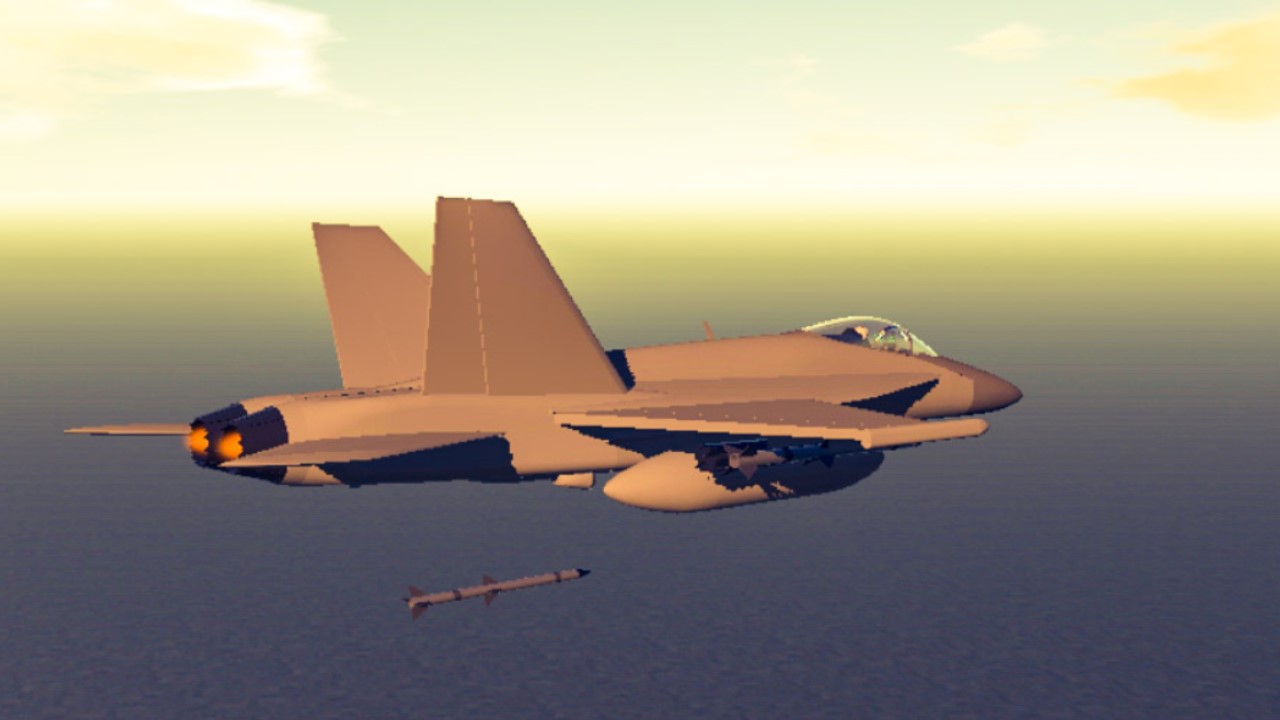
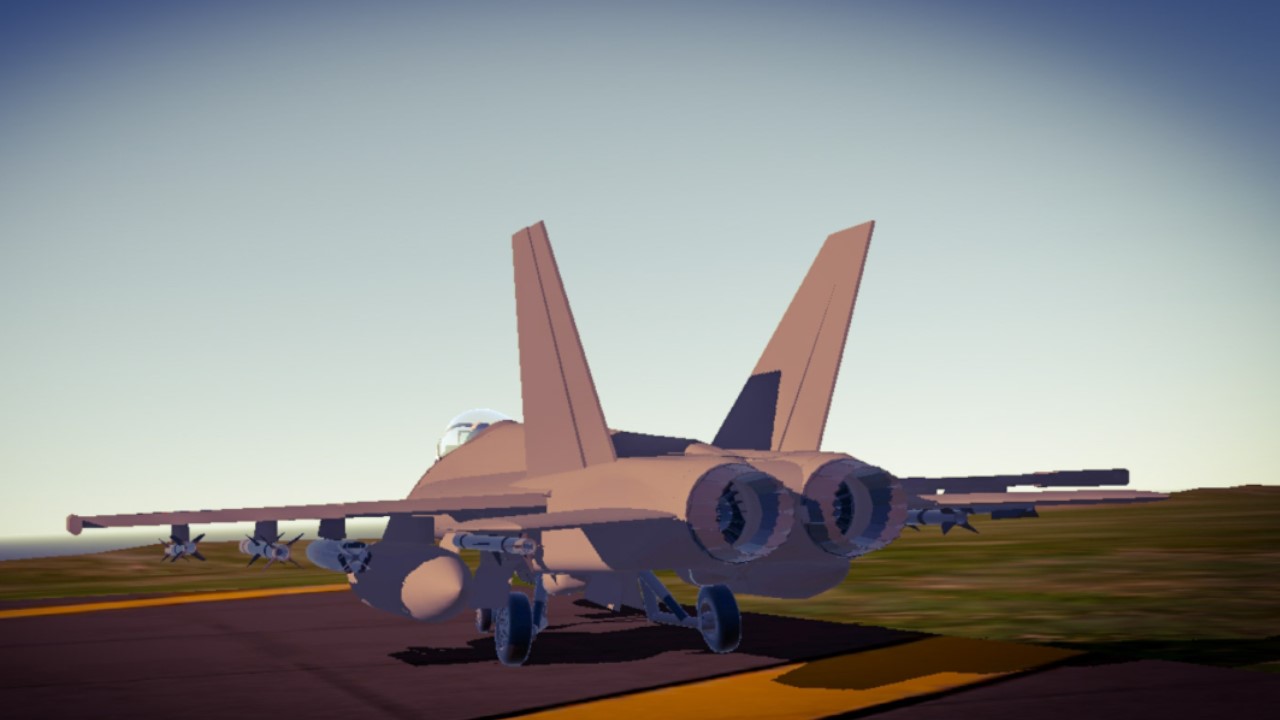

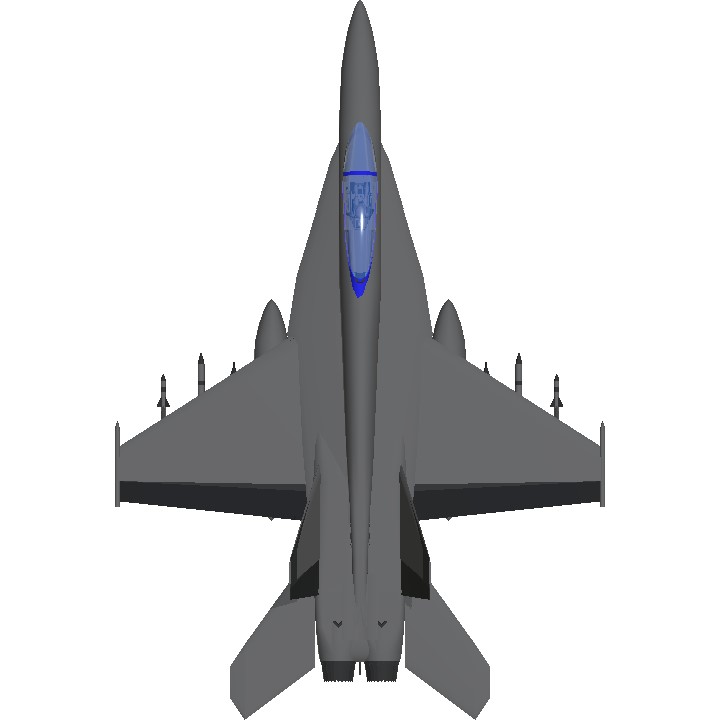
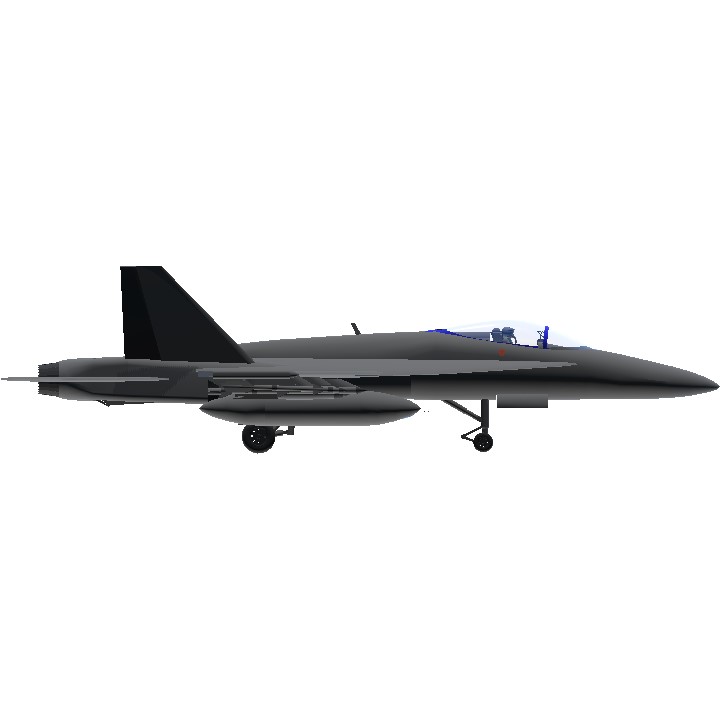
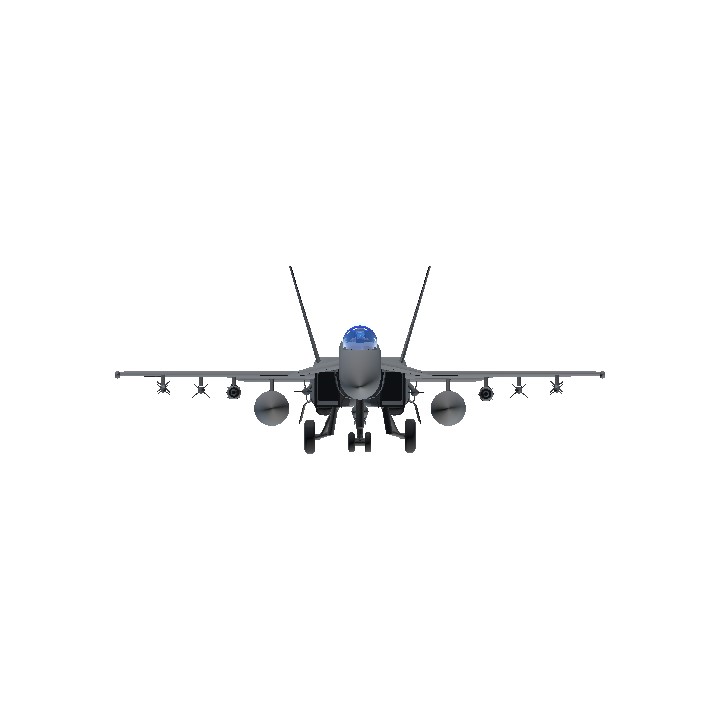
@DJRianGamerTheHololiveFan one day maybe..( ╹▽╹ )
super hornet when?
Hornet my beloved
@dekanii @dekanii yes it is a very basic F/A-18
@dekanii Yeah I do planes when I have time it's a lot of fun but I prefer tanks (◍•ᴗ•◍)
not bad, i like the shape of it
wowowowowoow PLANE